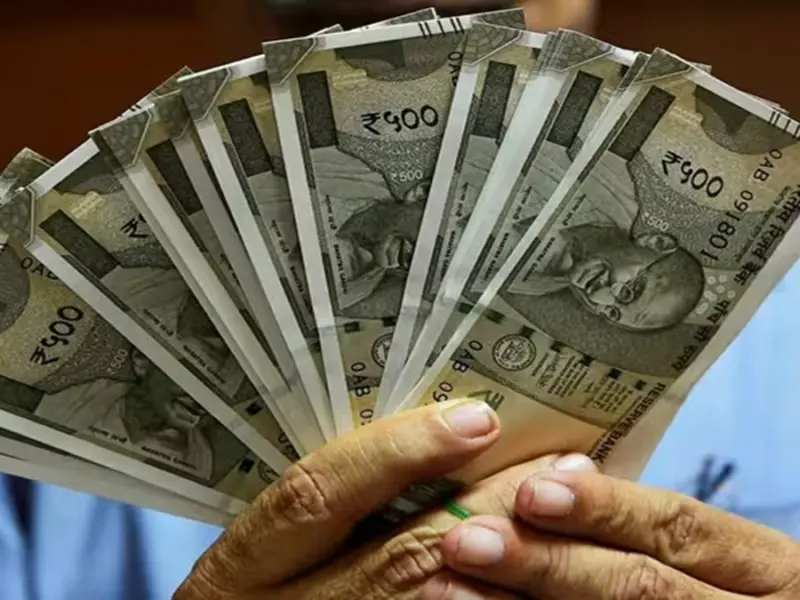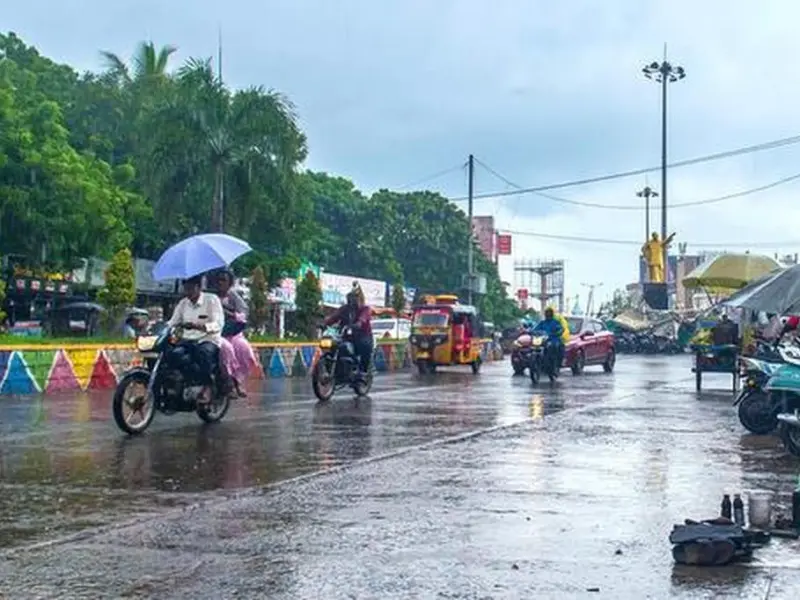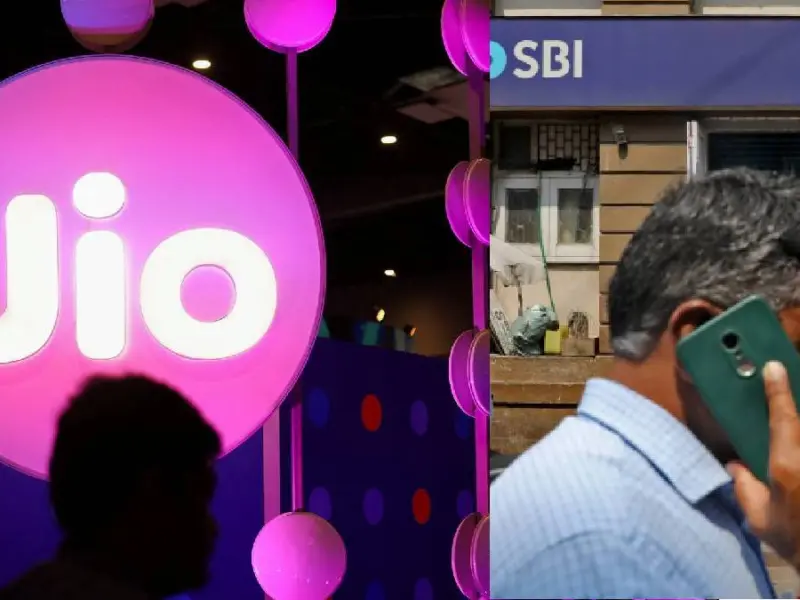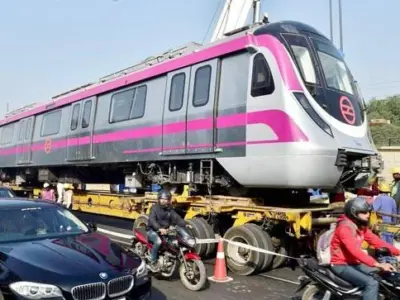Vietnam’s Prime Minister Pham Minh Chinh is keen on strengthening economic ties with India through a potential Free Trade Agreement (FTA). During his visit to India with a high-level delegation, including ministers, deputy ministers, and business leaders, he emphasized the importance of increasing bilateral trade between the two nations.
Speaking at the Vietnam-India Business Forum organized by FICCI, he urged both countries to aim for a bilateral trade target of $20 billion. Here’s what this means for both countries and how it could benefit Indian consumers.

What is a Free Trade Agreement (FTA)? 📜
A Free Trade Agreement is a pact between two or more countries to reduce or eliminate trade barriers such as tariffs and import quotas. An FTA encourages the free flow of goods and services, making it easier and cheaper for businesses to access each other’s markets.
Benefits of an FTA Between Vietnam and India
1. Increased Market Access
An FTA between Vietnam and India would mean that products from both countries can be traded more freely, with fewer restrictions. This would allow businesses in India to access the Vietnamese market more easily and vice versa.
2. Lower Prices for Consumers
With reduced tariffs and trade barriers, the cost of importing goods from Vietnam could decrease significantly. This would lead to cheaper products for Indian consumers. Here are some top items that could become more affordable:
- Electronics: Vietnam is a major exporter of electronics, including smartphones and laptops. An FTA could lower the cost of these goods in India.
- Clothing and Textiles: Vietnamese garments and textiles are popular worldwide. Lower import duties could make high-quality clothing more affordable for Indian consumers.
- Seafood: Vietnam is known for its seafood, and an FTA could make items like fish and shrimp more accessible and cheaper in Indian markets.
- Footwear: With Vietnam being a large footwear producer, Indian consumers could benefit from more affordable shoes and sandals.
3. Boost to Indian Exports
An FTA would also help Indian exporters by providing them with better access to the Vietnamese market. This could lead to increased sales of Indian goods such as pharmaceuticals, machinery, and agricultural products in Vietnam.
4. Investment Opportunities
Vietnamese Prime Minister Pham Minh Chinh expressed hope that Indian companies will continue to invest in Vietnam. With an FTA in place, Indian businesses might find it more attractive to invest in Vietnam, leading to stronger economic ties and more opportunities for growth.




